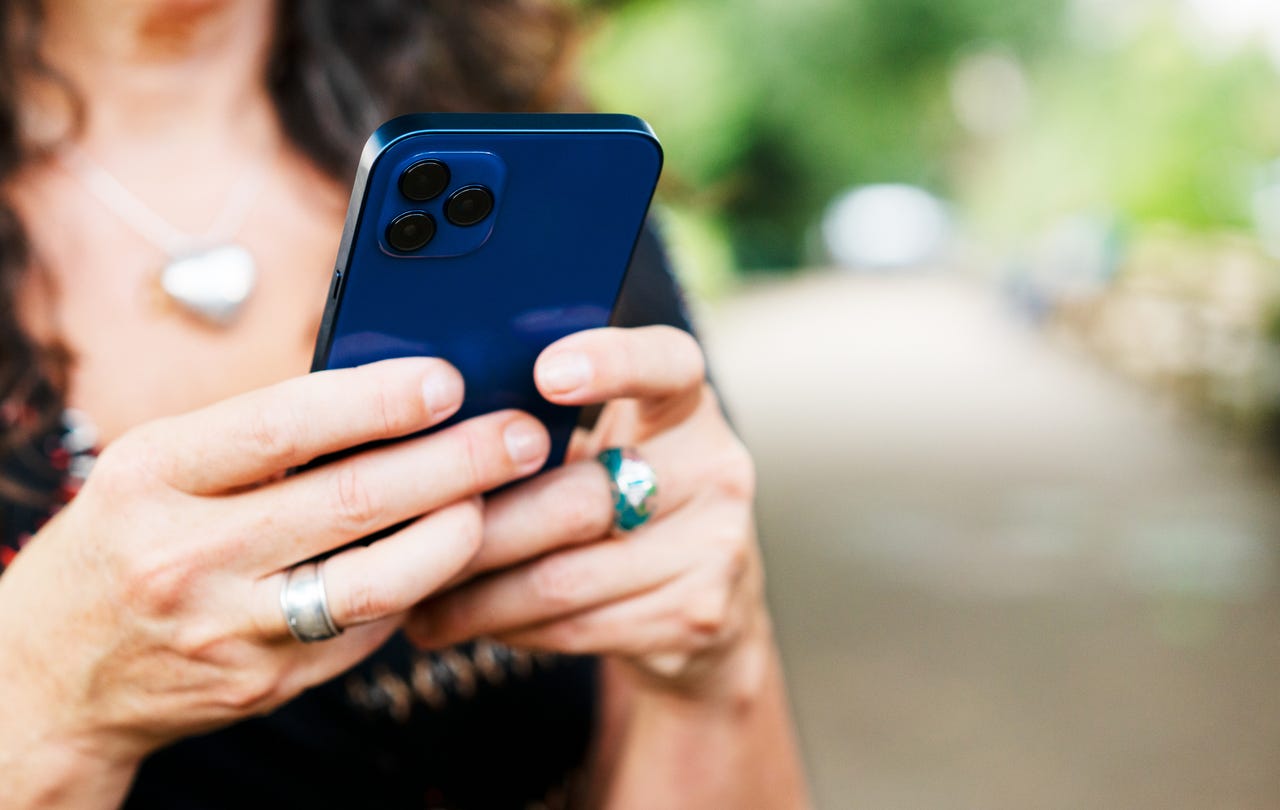The easiest thing you can do to keep your phone secure


It seems the period between learning about yet another malicious mobile app in the wild is getting shorter and shorter. Almost weekly, I see articles in the various news feeds I follow proclaiming that users "absolutely must uninstall these apps or the end of the world is nigh!" Wrapped up in all the clickbait hyperbole, there's an important lesson to be learned here. Unfortunately, that lesson is one many have to learn the hard way.
The said hard way is that when phones are trapped by ransomware, privacy is compromised or data is stolen. This unfortunate situation happens often. It may not have happened to you yet, but it might only be a matter of time.
Also: 3 ways to spot a malware-infected app on your smartphone
So, how can you use your phone wisely? What is the easiest thing you can do to keep your phone secure?
I'm not going to keep you guessing or make you read through the entire article to explain what you can do to protect your phone and your date. It goes against my modus operandi to keep you hanging. Who needs suspense, right?
The easiest thing you can do to keep your phone secure is to only install official apps. But what exactly is an official app?
Also: 5 simple ways to improve your Android phone security today
Okay, let me illustrate it like this. Both your Android and iOS phones come with official apps, such as Apple Mail and Gmail. Those are official apps.
Now, you'll find plenty of third-party apps for sale that duplicate the efforts of those email clients. Some of those third-party apps are actually quite good at what they do. The problem is that there have been plenty of third-party apps that carry with them a malicious payload. Those payloads may be inadvertent (such as those apps that make use of ad networks that have either been hacked or gone rogue) or they may be intentional. Either way, it's a risk.
There are also apps in both app stores that duplicate crucial features of either Android or iOS. Take, for instance, Android's Files app Clean feature. With this handy feature, you can clear up plenty of space on your device. However, look on the Google Play Store and you'll find plenty of third-party apps that promise to do the same thing.
Also: Use your Google Play points to get real-life stuff
Consider this: Google not only develops Android but it also develops the Files app. It's fairly safe to say the built-in feature can be trusted to not only do the job but do so without adding malicious code into the mix.
You can go down the list with almost every official app on your phone and find a third-party equivalent. Always going with the official app is a pretty safe bet.
That doesn't mean, however, you can't opt to use a third-party app in place of an official app. It's just absolutely critical that you install third-party apps from trusted developers and/or companies.
Also: How to use ChatGPT to create an app
For example, let's say you'd rather not use Chrome as your default browser on Android. If that's the case, there are official apps you can turn to, such as Firefox (my Android default) or Opera. Those are known brands creating known commodities. You'll also find (at least in the Google Play Store) web browsers you've never heard of, created by single developers or small teams.
Can those be trusted? Probably. But why take the chance?
The gist is, unless an app is fully vetted, peer-reviewed, and created by a known entity, you should steer clear of it.
Also: Don't want your phone hacked? Just do this one thing
My previous advice has always been, "If you don't need it, don't install it." However, Advice 2.0 goes something like this: "If you don't need it or don't know who developed it, don't install it."
You can keep your phone, accounts, and data a bit safer by reminding yourself of my advice every time you hop onto the app store to find something new to try. After all, the risk of malware or ransomware is far too high to take a chance on a rogue app.